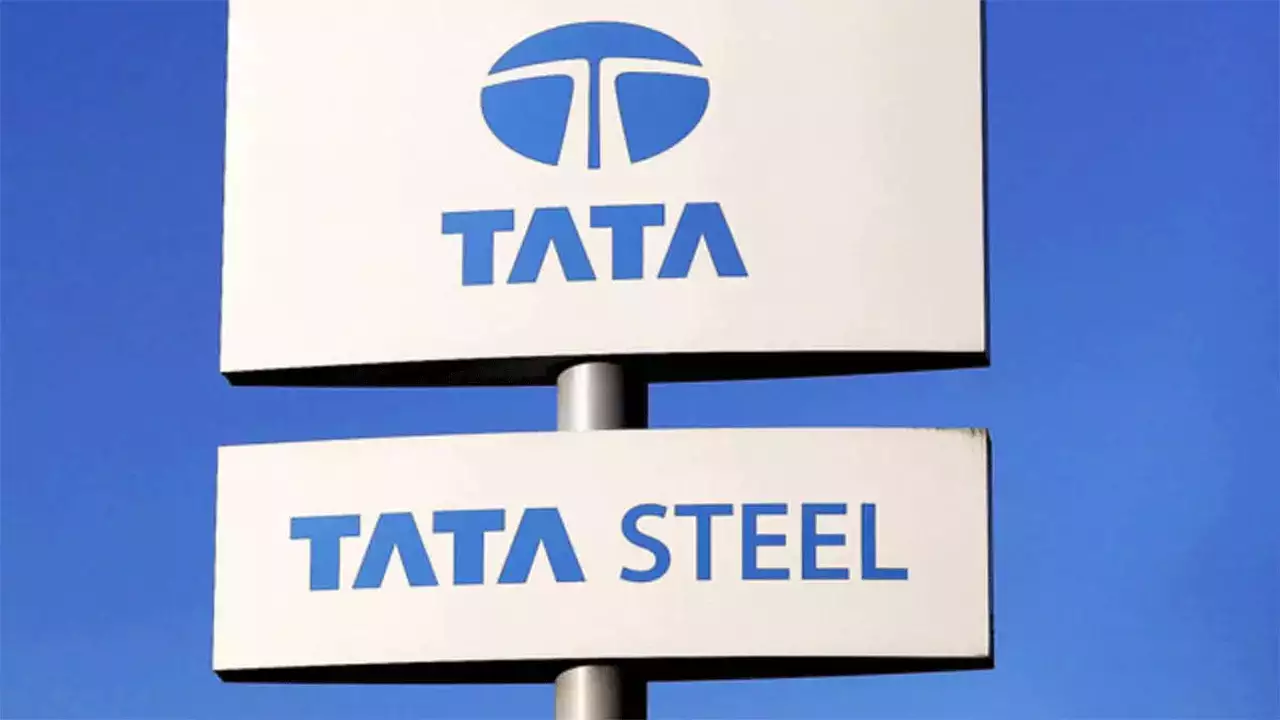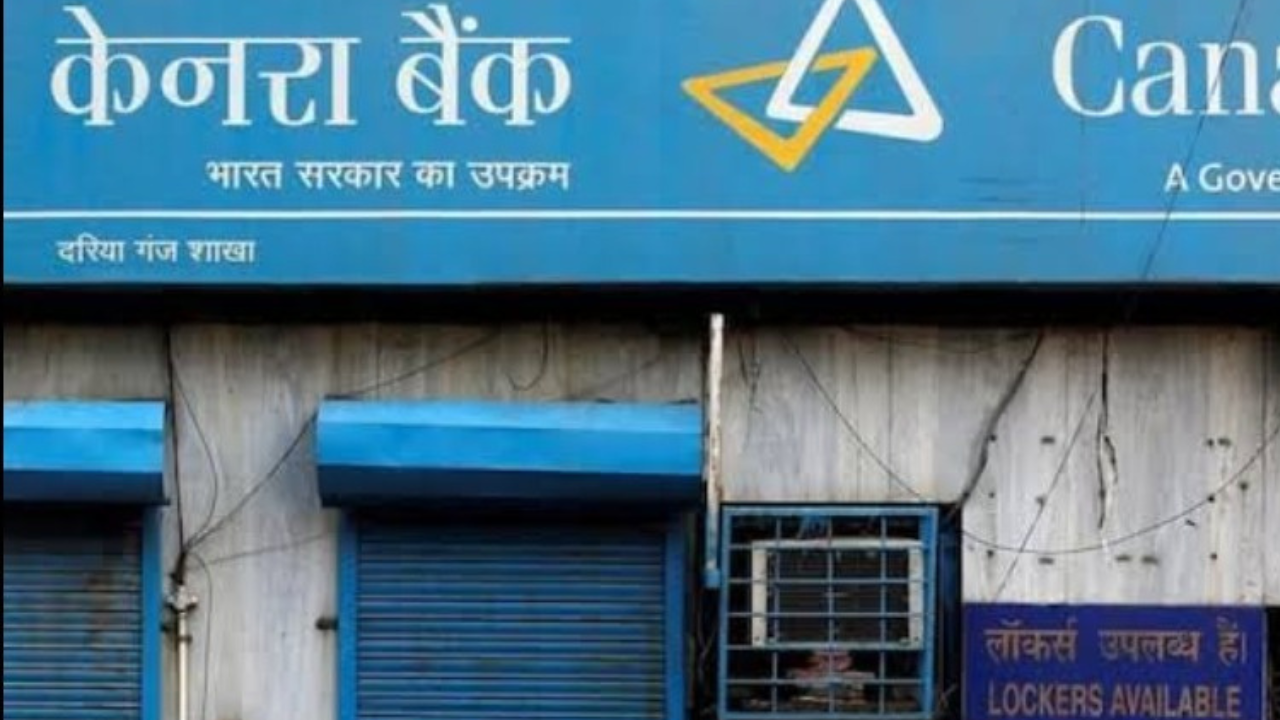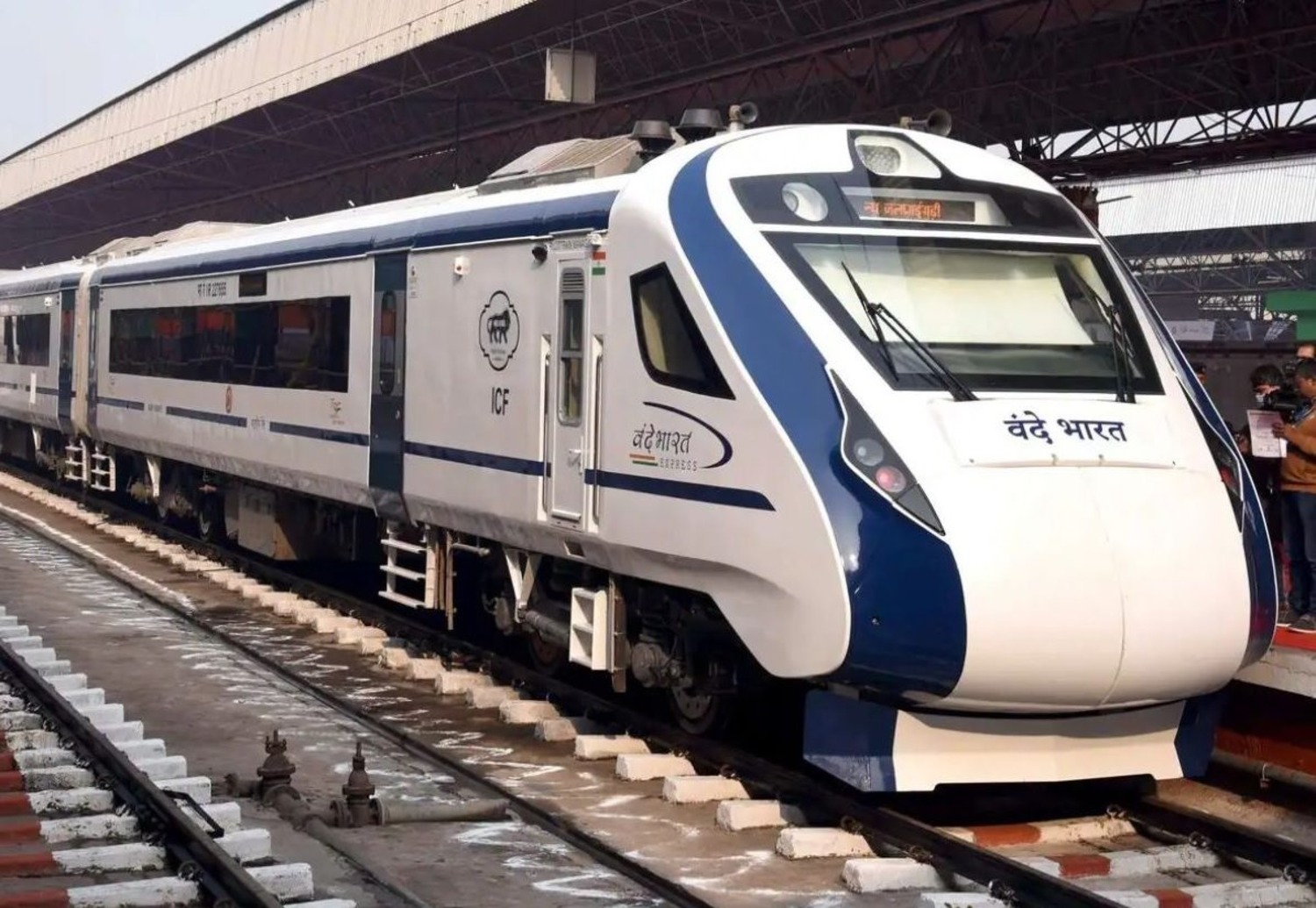Following a landslide victory in the July 4 general election, the new British has already set one priority: preventing job cuts by Tata Steel.
Tata, the U.K.’s largest steel producer, intends to shutter a blast furnace soon and close another facility in September. As a result, the company wants to cut up to 2,800 jobs at Port Talbot in South Wales. The Starmer administration aims to reduce those losses with a 500 million pound ($635 million) support package the previous administration agreed to provide.
The support package will help Tata build a new low-carbon electric arc facility. The local trade union hopes the government will sign a better deal with the manufacturer to preserve more jobs. Business Minister Jonathan Reynolds signaled the government’s intention to preserve jobs as part of aiding Tata in its carbon emission-cutting transition.
“We see this as a major priority,” Reynolds told the BBC. “I’m going to make sure that job guarantees are part of the negotiation that we’re having.”
Prior to the new negotiations starting with the Starmer administration, the Port Talbot furnace was set to be subject to industrial action by Unite the Union. The organization intended to initiate a strike on July 8 to protest the recent plant closures. Tata planned to take legal action to prevent a strike, but Unite called off the industrial action following the outcome of the July 4 general election.
Unite general secretary Sharon Graham explained that the organization is committed to fighting for its members’ jobs. “Tata is putting out a statement to shut or pause its blast furnaces three months earlier than they intended to, the latest in a long line of threats that won’t deter us. The Unite campaign is not about selling jobs; it’s about securing the long-term future of steel making in this country for thousands of workers in Port Talbot and South Wales,” said Graham.
For its part, Tata is committed to a long and sustainable presence in the U.K. via a government-backed 1.25 billion pound investment in low-C02 steel production. The corporation is closing the two plants to reduce its overall carbon footprint as part of a companywide decarbonization project. The steelmaker is also committed to providing affected workers with employee support packages, skills development, and job training.
Tata is also working to go green in the Netherlands.
The Mumbai-based steelmaker is committed to converting its Ijmuiden plant to two electric blast furnaces by 2030. After negotiating with the Dutch government, Tata secured financial and policy support pledges, including 3 billion euros to facilitate the Ijmuiden conversion.
Tata is also endeavoring to lessen its environmental impact with a soil reclamation plan in India. Along with the Odisha government, the steelmaker has agreed to reclaim acidic soils using industrial waste like basic oxygen furnace slag and fly ash. The firm sent off its first shipment of slag in June from its Dhenkanal-based plant and plans soil amendments in two phases over two seasons to support local farmers.




